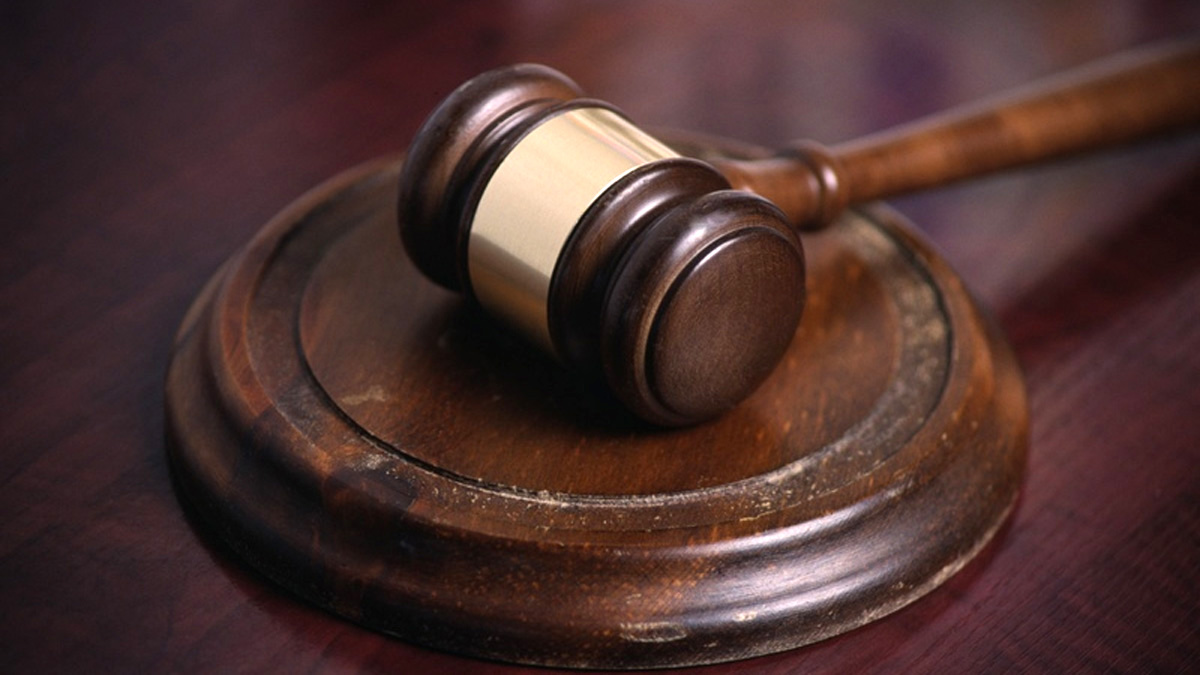First-year students Ghazal Saeedi and Brooke Abselet said constant protests is not how they envisioned college.
“It’s definitely a little bit more hostile than what I was used to,” said Abselet.
Abselet is Jewish. She said she isn’t sure how safe it is to be open with her classmates about her faith.
“There was one day where I, like texted my friends that are Jewish and I was like, ‘Are you going to class today or should I stay in my dorm?’” Abselet said.
Get top local stories in San Diego delivered to you every morning. >Sign up for NBC San Diego's News Headlines newsletter.
Saeedi is Muslim and said her identity places her on the other side of the same, cold coin.
She was walking by a Jewish student protest in her hijab when another student confronted her.
“He was like, ‘What? Killing our children and raping our children?’ Saeedi remembered. And I'm like, ‘Okay, I mean, do some more research maybe?’”
Local
She said this was a painful reminder of how her appearance can make others feel threatened.
“You can't control what you look like or who you are,” she said. “But, it's just when people make that the biggest difference, it's like, why are we all not the same?”
Both Saeedi and Abselet feel like they’re walking on pins and needles around campus.
Student body president George Lo said he’s well aware of the tension and is working to make sure students feel validated yet safe.
In a statement, he wrote:
“As the Associated Students at UC San Diego, we're dedicated to representing all students and ensuring a safe and inclusive campus. We respect diverse perspectives, including those of Palestinian and Israeli student groups. We follow the UC San Diego Principles of Community, encouraging constructive dialogue and cooperation to foster mutual understanding and make UC San Diego a welcoming place for everyone.”
“There's a huge conflict in Israel and in the Middle East,” Abselet said. “And I don't think it's fair for us to expect the school to only protect one half of the side.”
She asks her classmates to educate themselves before forming an opinion. Saeedi asks the same.
“We're here for a change,” she said. “But a lot of people are not willing to put in that effort to change, which is the problem.”



